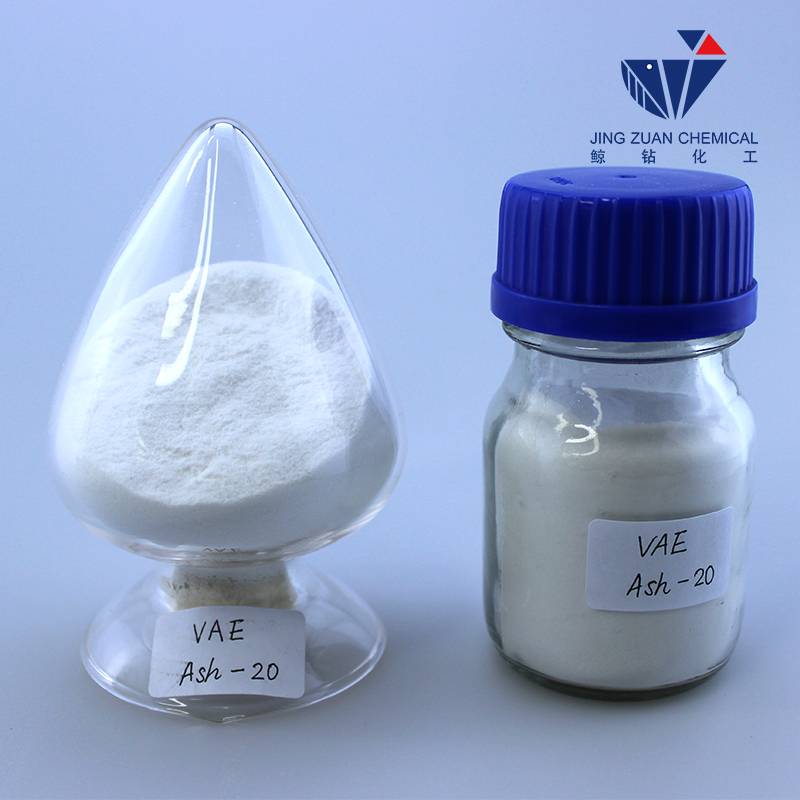
Nov . 07, 2024 06:13 Back to list
Is HPMC Water Soluble and What Are Its Applications in Various Fields
Is HPMC Soluble in Water?
Hydroxypropyl methylcellulose (HPMC) is a semi-synthetic polymer extensively used in various industries, including pharmaceuticals, food production, cosmetics, and construction. The question of whether HPMC is soluble in water is fundamental for understanding its applications and properties.
What is HPMC?
HPMC is derived from cellulose, a natural polymer found in the cell walls of plants. It undergoes a series of chemical modifications, specifically hydroxypropyl and methyl substitution, making it soluble in water unlike its parent compound, cellulose. These modifications enhance the performance characteristics of HPMC, rendering it a versatile compound widely utilized in various formulations.
Solubility Characteristics
HPMC is indeed soluble in water, but its solubility can vary based on its chemical composition, particularly the degree of substitution and molecular weight. The specific grades of HPMC can impact how readily it dissolves. Generally, HPMC easily dissolves in cold or warm water to form a viscous gel or solution.
- Molecular Weight HPMC is produced in various molecular weights, ranging from low to high. Lower molecular weight variants typically dissolve more quickly in water compared to higher molecular weight ones, which may require longer mixing times or higher temperatures to fully dissolve.
- Degree of Substitution This refers to the extent to which hydroxyl groups in cellulose have been replaced by hydroxypropyl and methyl groups. HPMC with higher degrees of substitution tends to be more soluble in water since these modifications reduce the intermolecular hydrogen bonding within the polymer chains, facilitating dissolution.
Applications of HPMC in Water-Based Systems
is hpmc soluble in water

HPMC’s solubility in water opens the door to a multitude of applications, especially in industries where water-based formulations are predominant.
1. Pharmaceuticals HPMC is widely used as a binder and controlled release agent in tablet formulations. The ability of HPMC to form gels in aqueous environments allows for sustained release of active pharmaceutical ingredients, improving drug delivery systems.
2. Food Industry In the food sector, HPMC serves as a thickening agent, emulsifier, and stabilizer. Its capacity to dissolve in water allows for easy incorporation into food products, enhancing texture and mouthfeel while ensuring uniform distribution.
3. Cosmetics and Personal Care HPMC is utilized in lotions, creams, and gels, where it functions as a thickener and film-forming agent. Its solubility in water promotes the stability and consistency of cosmetic products.
4. Construction In the construction industry, HPMC is an additive in cementitious materials. It improves workability, enhances water retention, and aids in the adhesion of materials. Its solubility allows for better distribution within the mix, promoting uniformity.
Conclusion
The solubility of HPMC in water makes it an invaluable ingredient across numerous industries. Understanding its solubility properties can help manufacturers optimize formulations and enhance product performance. Whether it is in pharmaceuticals, food, cosmetics, or construction, HPMC serves as a tool to improve the functionality and efficacy of various products.
In summary, HPMC's ability to dissolve in water, influenced by factors like molecular weight and degree of substitution, highlights its versatility and importance in modern formulations. As industries continue to evolve, the applications for HPMC will likely expand, further solidifying its role as a key component in many water-based systems.
-
Versatile Hpmc Uses in Different Industries
NewsJun.19,2025
-
Redispersible Powder's Role in Enhancing Durability of Construction Products
NewsJun.19,2025
-
Hydroxyethyl Cellulose Applications Driving Green Industrial Processes
NewsJun.19,2025
-
Exploring Different Redispersible Polymer Powder
NewsJun.19,2025
-
Choosing the Right Mortar Bonding Agent
NewsJun.19,2025
-
Applications and Significance of China Hpmc in Modern Industries
NewsJun.19,2025







